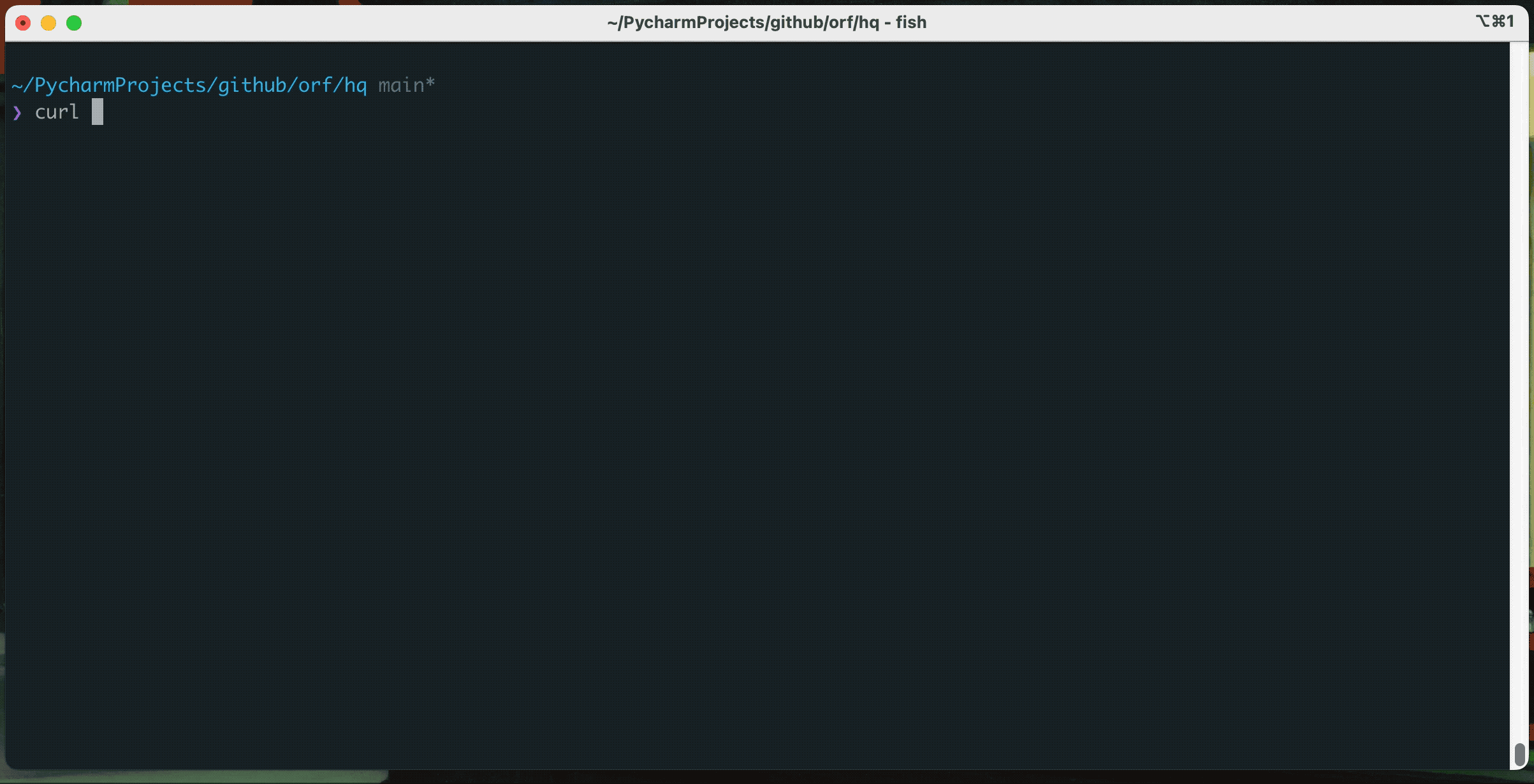jq, but for HTML.
hq reads HTML and converts it into a JSON object based on a series of CSS selectors. The selectors are expressed
in a similar way to JSON, but where the values are CSS selectors. For example:
{posts: .athing | [ {title: .titleline > a, url: .titleline > a | @(href)} ] }
This will select all .athing elements, and it will create an array (| [{...}]) of objects for each element selected.
Then for each element it will select the text of the titleline > a element, and the href attribute (| @(href)).
The end result is the following structure:
{
"posts": [
{
"title": "...",
"url": "..."
}
]
}cargo install html-query
{posts: .athing | [{href: .titleline > a | @(href), title: .titleline > a, meta: @sibling(1) | {user: .hnuser, posted: .age | @(title) }}]}
This selects each .athing element, extracts the URL from the href attribute as well as the title. It then selects
the sibling .athing element, and extracts the user and post time from that:
{
"posts": [
{
"title": "...",
"url": "...",
"meta": {
"posted": "...",
"user": "..."
}
}
]
}.foo | @(href)
This will select the href attribute from the first element matching .foo.
.foo | @parent
This will return the parent element from the first element matching .foo.
.foo | @sibling(1)
This will return the sibling element from the first element matching .foo.

